The Japanese secret of Ikigai and Be Content may just hold the key
The next step in our Ikigai series is “Be Content”. In the first, we explored how to be active and find your Ikigari. Not familiar with “Ikigai”? Put simply, Ikigai is the Japanese secret to living a long and healthy life full of purpose and fulfilment.
When you are living in a luxury retirement village, surrounded by nature, spoiled for choice with activities and friendship, the concept of being content should come naturally and it often does. Taking the next step into our Ikigai journey, we explore the third stage of the philosophy and the idea of being content – when 80% full.
As we come into retirement and enter our third age, embracing ways to elevate our day-to-day and unlock the secrets of living a longer, happy life is pivotal and something that Elements Retirement Living in Springwood adopts.
The third element of achieving ikigai is written as ‘don’t fill your stomach’ – to be content when 80% full. This practice is based on a theory which explores the idea that eating less than your hunger will allow you to live a longer and healthier life. There is a saying in Japanese, ‘hara hachi bun me ni isha irazu’, which translates to ‘eating to only 80% full keeps the doctors away’. Although this 80% rule was designed to focus on your diet, could it also be used throughout other areas of life?
Resident Julie is no stranger to the 80% approach as she lives a contented life
Julie Ferguson is an Element’s Retirement Living resident who is certainly content in life. We discussed the 80% theory with her to see if it is something that she has been incorporating in her own life. Together Julie and Chiou See discussed how the residents of Okinawa Island attribute part of their longevity not only to what they are eating but also learning to stop eating when they feel 80% full.
Julie spoke about how she grew up on a farm, where she experienced food as being a scarce commodity. Her home was a long distance from then nearest shop, making access to many food groups difficult. As a young girl, Julie ate for comfort. A habit that she recognises was not a healthy life choice.
Although she didn’t have a fear of growing old, she became aware of the control she had over her own body. From this point on, she decided to live a fit and healthy lifestyle. Julie is now extremely conscious of the effects of eating habits and no longer feels the need to finish what’s on her plate as long as she feels satisfied. She now practices serving herself smaller meals and if she wishes to indulge in desert, it is shared.
Before Julie entered retirement, she did shift work which posed challenges when it came to planning and preparing regular meals. She states that retirement has allowed her to implement great structure into her life, dedicating more time to purchasing fresh produce and cooking her own meals. Having this time has greatly nullified any urge to order takeout or fast food, which she referred to as a “quick fix”. Julie keeps herself accountable for her diet by cooking in bulk and freezing meals when necessary.
An interesting fact about Julie is that she manages to maintain a healthy lifestyle whilst eating a meat-free diet (with the exception of seafood). Her decision to become vegetarian happened 20 years ago on a road trip to country Victoria. It was on this trip that she witnessed lambs beside dying mothers due to a drought, resulting in her decision to stop eating lamb. With time, the removal of chicken and beef from her diet came with ease.
Julie states that the most difficult part of her eating journey has been having a partner who strongly dislikes vegetables and eats meat in most meals. The couple has overcome this issue by cooking their own meals. Julie highlights that one of her favourite parts of eating a vegetarian diet is being able to source much of her produce from her courtyard, where she grows fruits, vegetables, and herbs. Julie loves her current diet and states that eating this way has allowed her to maintain a satisfactory weight and live a very happy life with great energy levels.
Can the 80% theory Be Applied in your Life?
Focusing again on the concept of the 80% theory, Julie states that she considers herself to be very fortunate to live the lifestyle she does. Once she made the move to Elements Retirement Living, she made the conscious decision to ensure that her outside interests remained a priority.
A rule that Julie follows in order to maintain balance is to not overcommit to too many things. The flexibility that she has in her schedule is what allows her to sustain a great mental health whilst making sure she always has time for herself. Julie states that the 80% theory is something that she personally carries over from her diet into her active life commitments.
Why Not Give Ikigari a Try?
The 80% theory may seem overwhelming, but it is a way of life that can be practiced over great time periods to be achieved. If you’re someone who enjoys eating a substantial amount of food in one sitting, try eating smaller meals more frequently throughout the day. When applying the 80% concept in your active life, it is important to remember to leave time for yourself. You should always be your number one priority.
The greatest thing about Ikigai, is that it is different for everyone. Find a way to implement the steps of ikigai into your own life and see if you notice an improvement in your mental and physical health.
Come Visit Elements and Our Fabulous Community
Julie is just one of the many folk living a contented life here at Elements. There is always much happening in our fabulous community, but if you are keen to find out for yourself and join the Elements village lifestyle, you will need to be quick. We now only have 3 brand new homes left. The village is completely developed, so once these new homes are gone, that is it. Come visit, we’d love to show you around.

A beautiful, easy living retirement village nestled in the Daisy Hill State Forest, Springwood, Brisbane, Queensland. Our stylish 2 or 3 bedroom apartments, including garden option, offer single level access and luxury retirement communities with neighbours close by but with privacy assured.


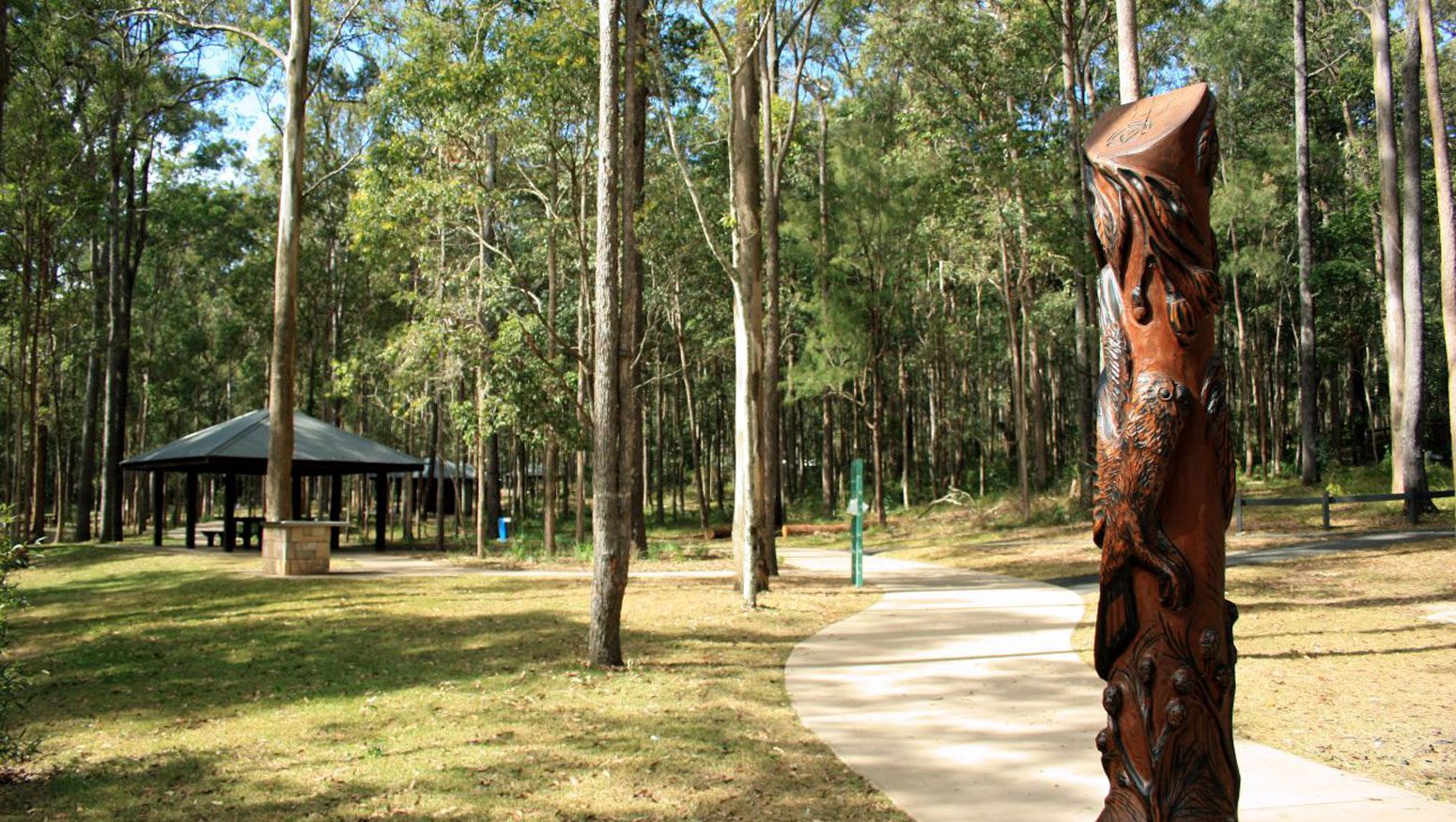


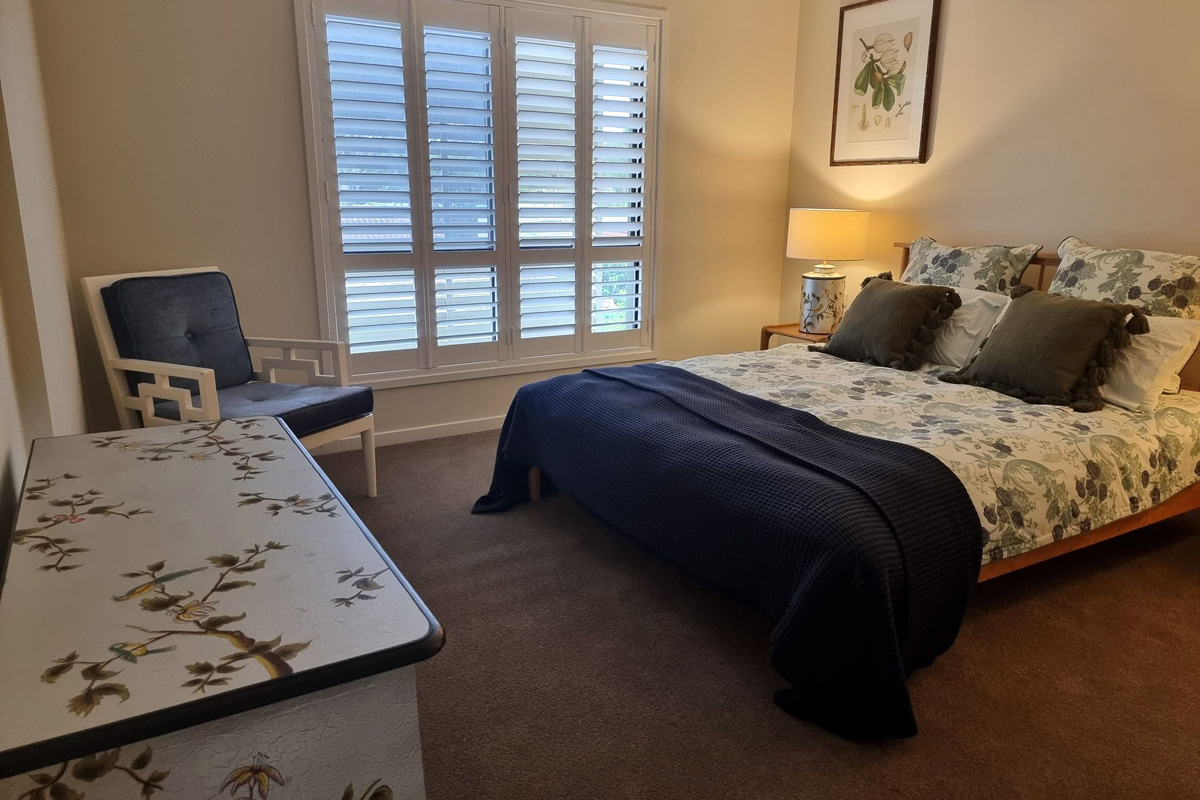
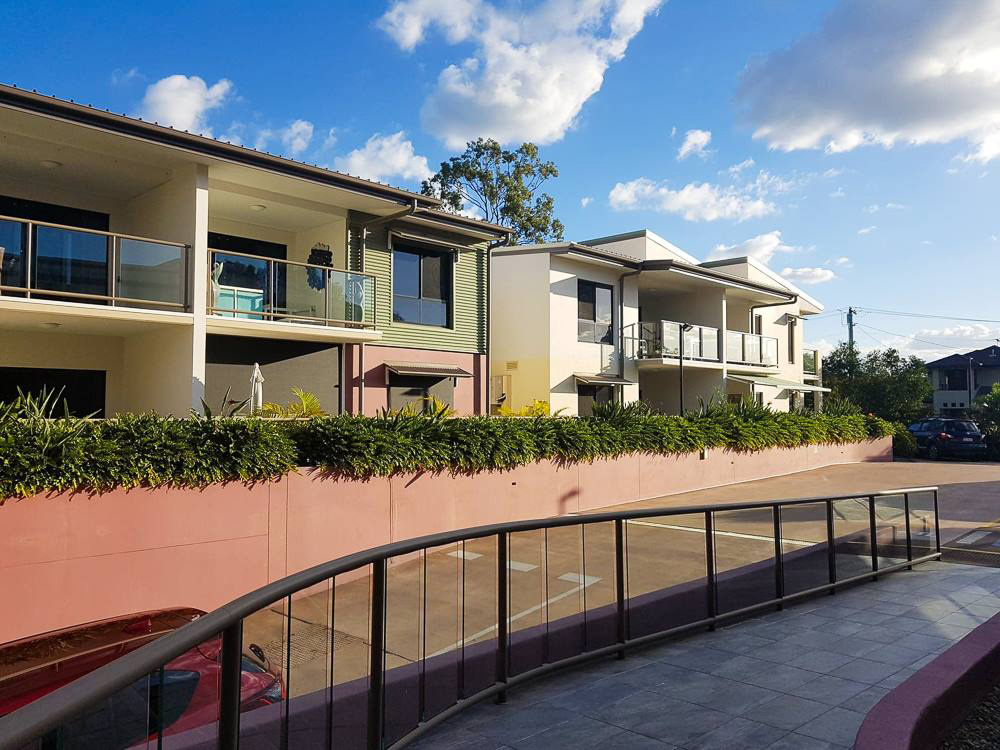

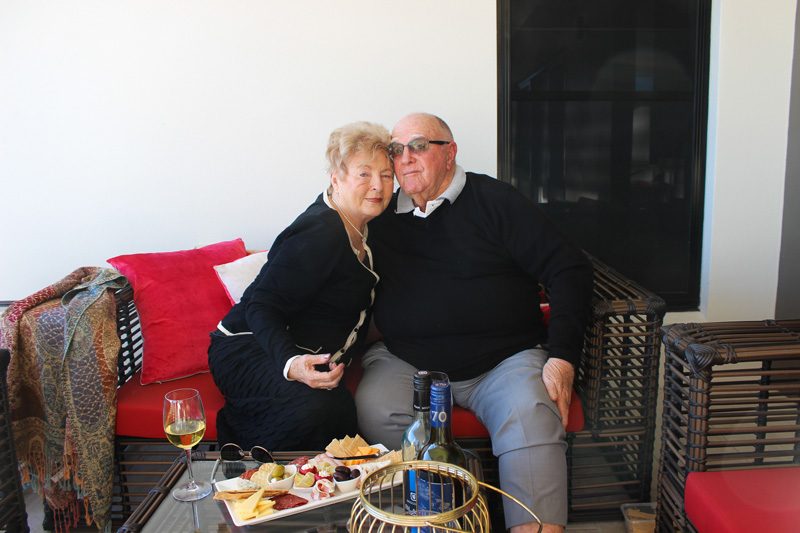

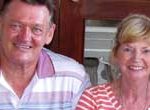

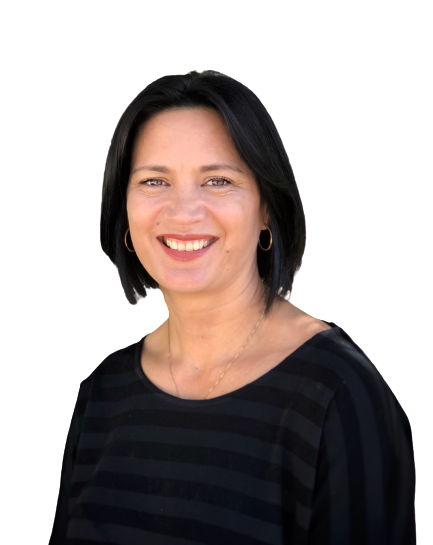
 Join Elements Newsletter
Join Elements Newsletter